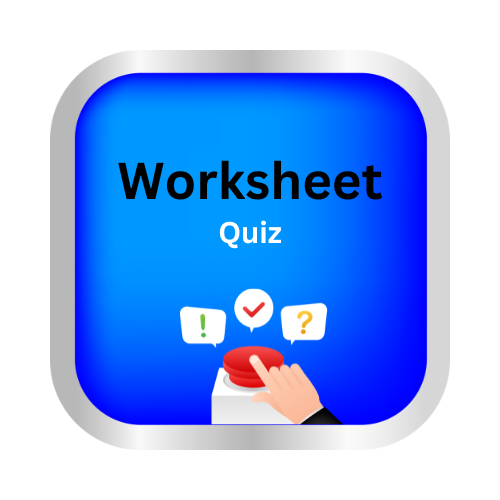Commas with direct addresses, introductory words, interjections, interrupters and antithetical phrases
Key Notes:
1. Commas with Direct Addresses
Direct address occurs when a speaker directly names or addresses a person or group in a sentence.
- Example: “Could you help me with this, John?”
- Rule: Use commas to separate the name of the person being addressed from the rest of the sentence.
Examples:
- “Thank you, Mr. Smith, for your guidance.”
- “Lisa, can you pass the salt?”
2. Commas with Introductory Words
Introductory words include adverbs, phrases, or clauses that come at the beginning of a sentence. They set the stage for the main part of the sentence.
- Example: “However, I decided to go anyway.”
- Rule: Use a comma after an introductory word or phrase.
Examples:
- “Finally, we reached our destination.”
- “In the morning, I like to jog.”
3. Commas with Interjections
Interjections are words or phrases that express strong emotion or sudden exclamation. They can be placed at the beginning, middle, or end of a sentence.
- Example: “Wow, that was amazing!”
- Rule: Use commas to separate interjections from the rest of the sentence, especially if they appear at the beginning or middle.
Examples:
- “Oh, I didn’t see you there.”
- “That was a great game, huh?”
4. Commas with Interrupters
Interrupters are words or phrases that break the flow of a sentence. They can provide additional information or an aside.
- Example: “The team, I believe, will win the championship.”
- Rule: Use commas before and after the interrupter to set it off from the rest of the sentence.
Examples:
- “This movie, as I mentioned earlier, is a must-see.”
- “He is, to put it mildly, quite a character.”
5. Commas with Antithetical Phrases
Antithetical phrases express contrasting ideas or ideas that oppose each other within the same sentence.
- Example: “I prefer tea, not coffee.”
- Rule: Use commas to separate the contrasting phrase from the main part of the sentence.
Examples:
- “She is very talented, but not humble.”
- “We can go to the beach, or we can stay home.”
6. Common Mistakes
- Omitting Commas: Not using commas can lead to confusion.
- Incorrect: “Can you help me John?”
- Correct: “Can you help me, John?”
- Misplacing Commas: Incorrectly placed commas can disrupt the flow of the sentence.
- Incorrect: “Finally we reached our destination.”
- Correct: “Finally, we reached our destination.”
let’s practice!

